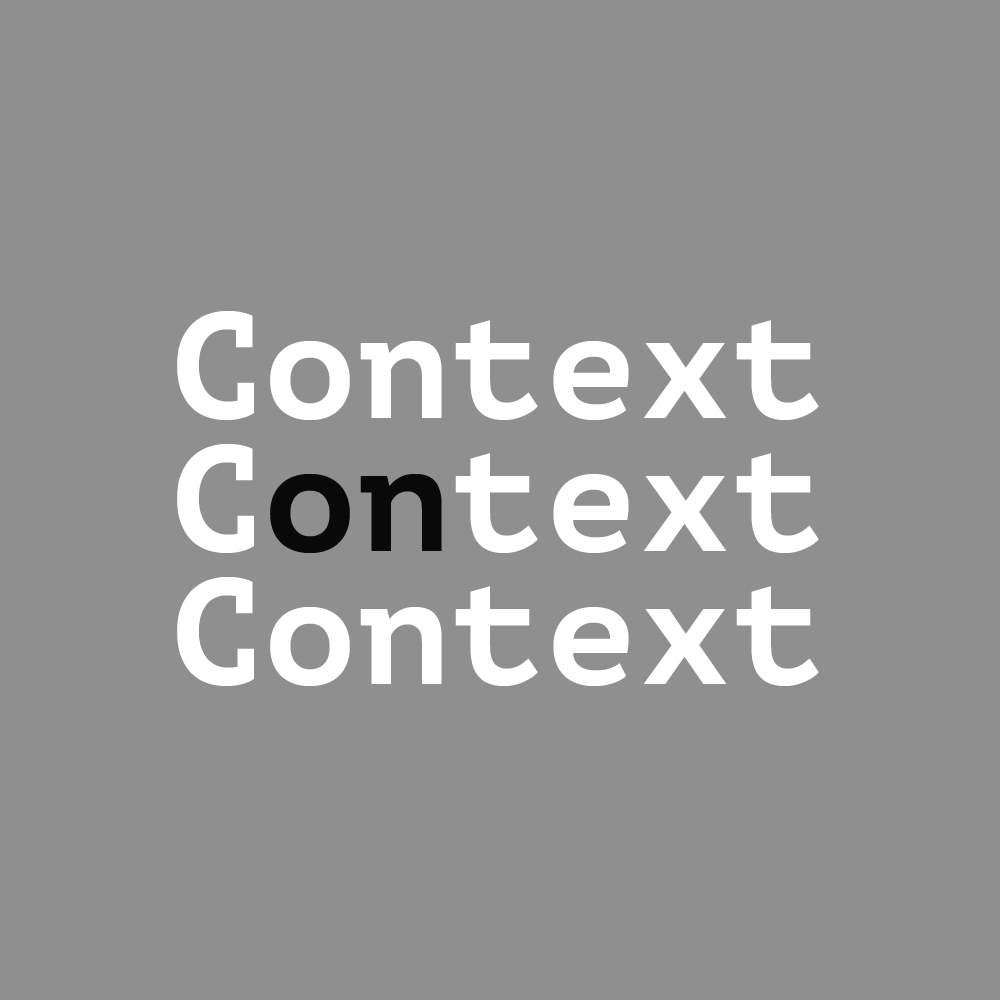This is a transcript of a podcast interview conducted on September 15, 2024, for Season 2, Episode 1 of the Embodied Worlds Podcast in which Dr. Urmila Mohan interviewed Prof. Francis B. Nyamnjoh, Anthropologist, University of Cape Town. We are grateful to Dr. Lindsay Crisp, Lecturer, Open University, London, and Emily Levick, our Editorial Project Manager, for researching Prof. Nyamnjoh’s work on incompleteness and providing some of the questions in this interview. Francis’ philosophy of conviviality and collaboration is part of his framework of ‘incompleteness’ and he discussed its use in contexts of ecology, healing systems, and knowledge making. We have started our podcast’s second season with this interview of 50 mins. because Francis’ voice and actions embody our values of interdisciplinary engagement, imagination, and acknowledging incompleteness-in-motion as the state of our common world.
- November 2024
- September 2024
- August 2024
- July 2024
- May 2024
- January 2024
- December 2023
- November 2023
- June 2023
- May 2023
- September 2022
- August 2022
- May 2022
- April 2022
- October 2021
- June 2021
- May 2021
- March 2021
- February 2021
- December 2020
- September 2020
- August 2020
- July 2020
- June 2020
- January 2020
- December 2019
- October 2019
- September 2019
- August 2019
- July 2019



